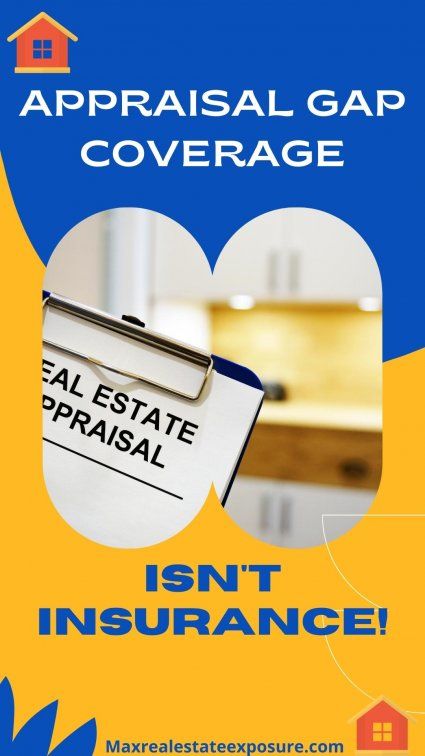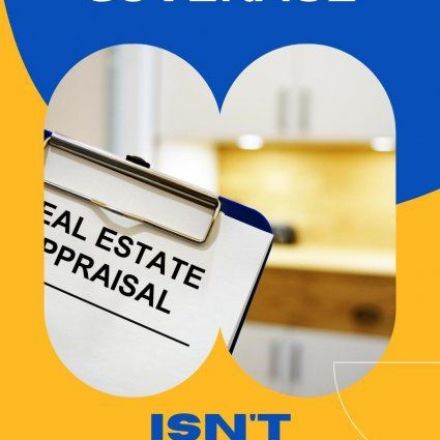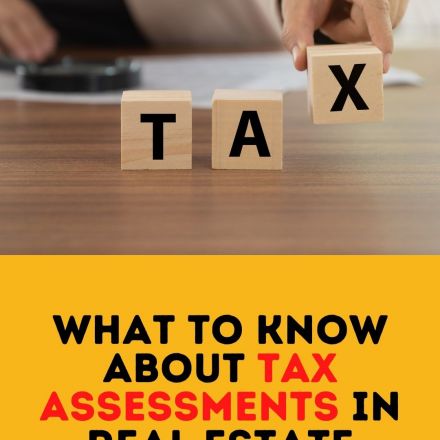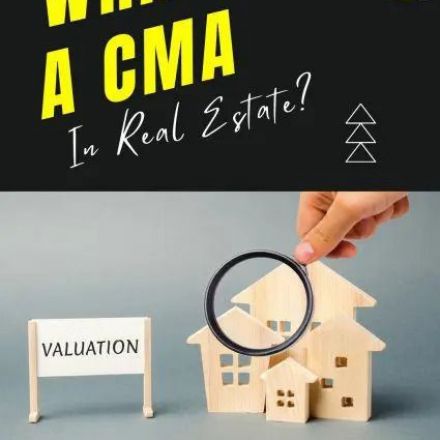Increase Your Chances of Landing a Home With an Appraisal Gap Guarantee
When real estate markets heavily favor sellers like the do now, buyers need to look for any edge they can get. One way to do that is to offer the seller an appraisal gap guarantee. If the house does not appraise, the appraisal gap guarantee says that the buyer will make up the difference in the appraisal gap.
-
Appraisal Gap Protection Clause
 What is an appraisal guarantee?
What is an appraisal guarantee?
Writing an Appraisal Gap Clause
When an offer is written a buyer's agent will insert language into the offer to purchase agreement. The appraisal gap clause will state that in the even the home appraisal comes in less than the purchase price, the buyer will agree to make up any shortfall. The way a buyer does this is by increasing their down payment amount to satisfy the lender.
The appraisal gap guarantee clause has become a regular part of real estate contracts over the last few years. With so many properties having multiple offers buyers need every edge they can get. By having an appraisal gap guarantee it is one less financial worry on the seller's part.
Many offers today are cash bids. A cash sale is very attractive to a seller because it relieves many of the potential issues with financing. Appraisals can often be problematic when homes are selling significantly over the asking price. The appraisal gap clause helps level the real estate playing field so to speak.
Keep in mind, however, an appraisal gap can mean that you are overpaying for your home. In some circumstances, you may want to speak to a real estate agent about finding a better deal. Other times the current appraisal data has not caught up to what is going on in the market. When homes are rising extremely fast, comparable sales data does not keep up with the escalating prices. It's something that buyer, sellers, and even real estate appraisers need to keep in mind.
Keep in mind that an appraisal contingency and appraisal gap clause are not the same thing. With an appraisal contingency clause in place, if the appraised value doesn't match your agreed-upon sales price, you can use an appraisal contingency to back out of the contract. You would also be able to keep your earnest money.
If you backed out of the contract without taking into account the contingency, then the seller may keep your earnest money - which could be between 1% to 5% of the sales price. A significant amount of money to lose.
If you want to outbid your competitors, you may need an appraisal gap coverage clause.
The clause states how much of an appraisal gap you're willing to cover. If there is a gap between the appraisal and the agreed upon sales price, it's often something sellers look for to know the offer will still stand even if the appraisal comes in a little low.
Take a look at the excellent resource provided by Maximum Real Estate Exposure on the appraisal gap coverage clause. It provides a wealth of information on all of the considerations when using it in a real estate contract. There is no question it is a great tool to increase your odds of success as a home buyer when the deck is stacked against you.
However, it is essential to understand all of the risks involved.





























Join the Discussion